Proposed Hijab Ban In France: Macron's Party Takes A Stand
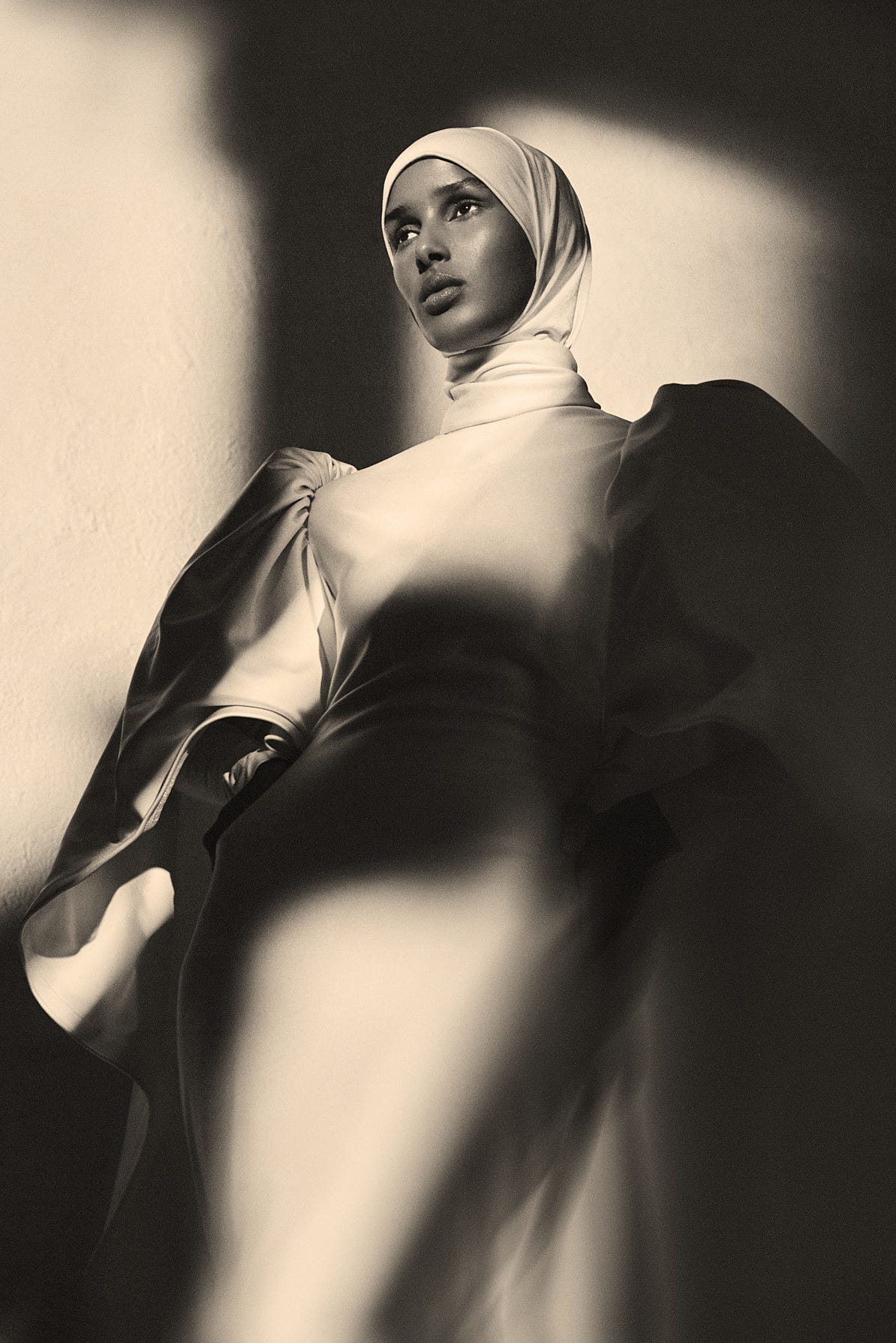
Table of Contents
Macron's Party's Stance on the Proposed Hijab Ban
The specific proposals put forth by members of Macron's party regarding the hijab vary, but generally aim for stricter regulations rather than an outright, nationwide ban. While a complete ban is not currently the official party line, the proposals suggest a significant tightening of existing laws. The driving force behind these proposals, as articulated by party members, is a commitment to upholding the principle of laïcité, France's strict separation of church and state. They argue that visible religious symbols in certain public spaces undermine this principle and threaten national unity.
- Specific locations: The proposed restrictions could apply to schools, government buildings, and potentially other public spaces deemed sensitive. Specifics are still being debated within the party.
- Proposed penalties: Penalties for violating the proposed restrictions could range from fines to community service, mirroring existing penalties for similar infractions. The severity of the penalties remains a point of discussion.
- Rationale: Party members emphasize the need to maintain a neutral public sphere, arguing that visible religious symbols, particularly in spaces of education and government, could pressure individuals and create an uneven playing field. They frame the proposals as necessary to uphold laïcité and safeguard French national identity. This narrative, however, is highly contested.
Arguments For and Against the Proposed Ban
Arguments in Favor
Proponents of stricter regulations on the hijab in public spaces frequently cite the need to uphold secularism (laïcité) as a fundamental principle of French society. They argue that visible religious symbols in public spaces can create tension and disrupt social cohesion.
- Maintaining secular public spaces: A key argument is that the state must remain neutral in matters of religion, and visible religious symbols can disrupt this neutrality.
- National unity: Supporters claim that strict adherence to secularism is essential for maintaining national unity and preventing social divisions along religious lines.
- Preventing religious extremism: Although a tenuous link, some argue that restrictions on religious attire can serve as a preventative measure against religious extremism, though this argument is often criticized for its broad brushstrokes and potential to stigmatize entire communities.
Arguments Against
Opponents vehemently criticize the proposed restrictions as a violation of religious freedom and an act of discrimination against Muslim women. They highlight the impact on individual liberty and the potential for increased social tensions.
- Infringement on religious freedom: Critics argue that the restrictions disproportionately target Muslim women and infringe on their fundamental right to religious expression. This is a core argument rooted in human rights principles.
- Discrimination against Muslim women: The ban, opponents argue, is discriminatory and reinforces negative stereotypes about Muslim women, potentially leading to increased marginalization and social exclusion.
- Increased social tensions: Restricting the wearing of the hijab, opponents argue, could further alienate Muslim communities and exacerbate existing social tensions in France. This could potentially increase societal polarization and division.
Public Reaction and Political Fallout
Public opinion on the proposed hijab ban is sharply divided. Polling data reveals a lack of consensus, with significant variation across different demographics and regions. While some support stricter regulations, citing security concerns or upholding laïcité, many others strongly oppose the proposals, highlighting concerns about religious freedom and discrimination.
- Polling data: Public opinion polls show a mixed response, with support for the ban varying depending on the specific proposals and the methodology used. The data is complex and reflects a deep societal cleavage on this topic.
- Reactions from Muslim organizations: Muslim organizations and community leaders have widely condemned the proposed restrictions as discriminatory and an attack on religious freedom.
- Statements from opposition parties: Opposition parties have strongly criticized the proposals, arguing they are divisive and counterproductive. They often highlight the potential negative impact on social cohesion and France's international standing.
- International impact: The proposed ban has already drawn criticism from international human rights organizations, raising concerns about the implications for religious freedom and potentially impacting France's international reputation.
Legal Challenges and Constitutional Implications
The proposed hijab ban faces potential legal challenges based on its compatibility with French constitutional law, specifically articles guaranteeing freedom of religion and non-discrimination. Legal experts are divided on the likelihood of success for such challenges, highlighting the complexities and ambiguities within existing French jurisprudence regarding religious expression in public spaces.
- Relevant articles of the French Constitution: Articles related to freedom of conscience, religious practice and non-discrimination will be central to any legal challenges.
- Precedents from previous legal cases: Previous court cases concerning religious symbols in public spaces will be crucial in shaping legal arguments and decisions. The existing case law is far from clear-cut.
- Opinions from legal experts: Legal scholars have offered diverse opinions, highlighting the potential legal pitfalls and the interpretative challenges inherent in balancing secularism and religious freedom.
Conclusion
The proposed hijab ban in France is a highly contentious issue, pitting arguments for maintaining secular public spaces against concerns about religious freedom and potential discrimination. Macron's party's involvement has further amplified the debate, highlighting the complex interplay between laïcité, national identity, and individual liberties. The ongoing debate surrounding the hijab ban has significant implications for religious freedom, social cohesion, and France’s international standing. Understanding the nuances of this complex issue requires further research and informed discussion. We urge you to engage in this critical conversation and voice your opinions on the implications of a potential hijab ban in France, considering the multifaceted aspects of this ongoing struggle.

Featured Posts
-
 Auto Porsche 911 80 Millio Forintos Extra Koeltsegvetes
May 24, 2025
Auto Porsche 911 80 Millio Forintos Extra Koeltsegvetes
May 24, 2025 -
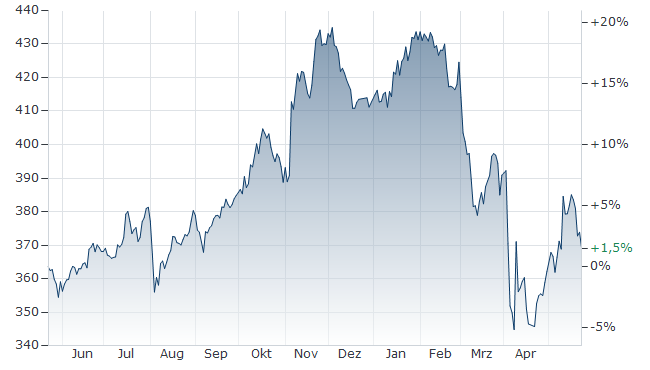 Amundi Dow Jones Industrial Average Ucits Etf Dist Understanding Net Asset Value Nav
May 24, 2025
Amundi Dow Jones Industrial Average Ucits Etf Dist Understanding Net Asset Value Nav
May 24, 2025 -
 Van Overturns On M6 Leading To Extensive Traffic Delays
May 24, 2025
Van Overturns On M6 Leading To Extensive Traffic Delays
May 24, 2025 -
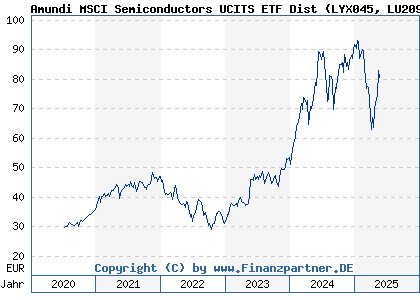 Investing In The Amundi Msci World Catholic Principles Ucits Etf Acc A Nav Perspective
May 24, 2025
Investing In The Amundi Msci World Catholic Principles Ucits Etf Acc A Nav Perspective
May 24, 2025 -
 Kyle And Teddis Heated Confrontation Dog Walker Dispute
May 24, 2025
Kyle And Teddis Heated Confrontation Dog Walker Dispute
May 24, 2025
Latest Posts
-
 Mia Farrow Calls For Trumps Arrest Over Venezuelan Deportations
May 24, 2025
Mia Farrow Calls For Trumps Arrest Over Venezuelan Deportations
May 24, 2025 -
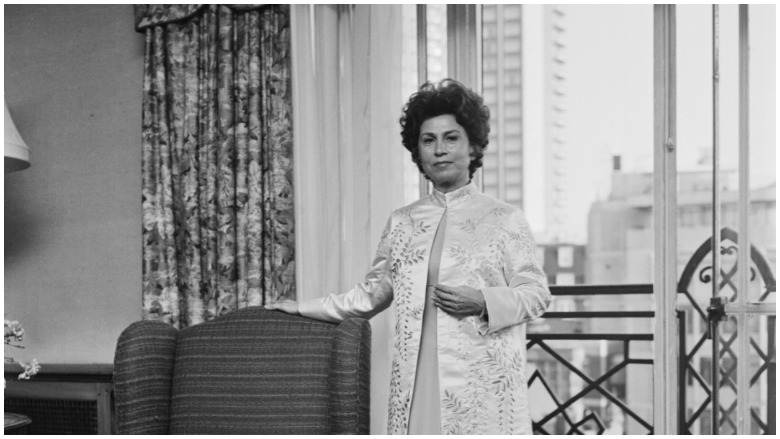 Understanding Frank Sinatras Four Marriages Wives Love And Legacy
May 24, 2025
Understanding Frank Sinatras Four Marriages Wives Love And Legacy
May 24, 2025 -
 The Four Women Who Married Frank Sinatra Their Stories And Impact
May 24, 2025
The Four Women Who Married Frank Sinatra Their Stories And Impact
May 24, 2025 -
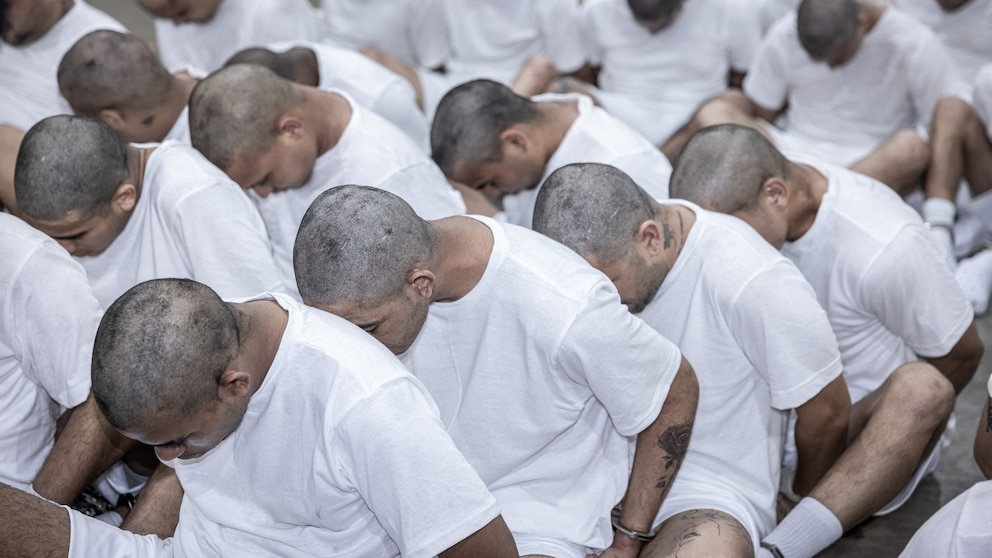 Mia Farrow On Trump Deportations Of Venezuelan Gang Members Warrant Arrest
May 24, 2025
Mia Farrow On Trump Deportations Of Venezuelan Gang Members Warrant Arrest
May 24, 2025 -
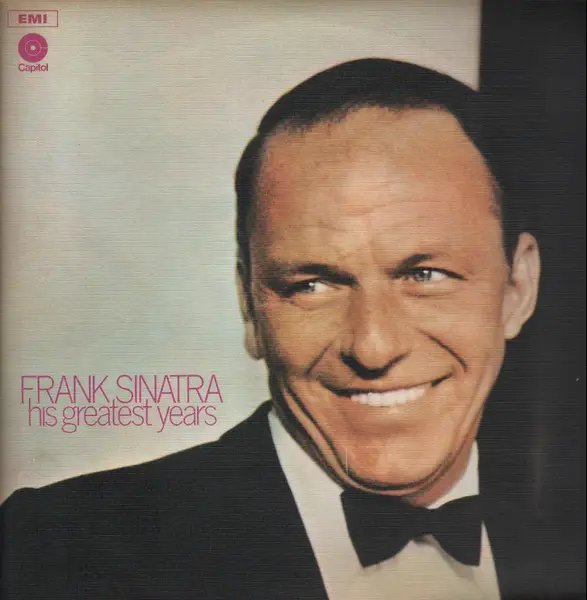 Frank Sinatra And His Four Wives A Retrospective On His Marriages
May 24, 2025
Frank Sinatra And His Four Wives A Retrospective On His Marriages
May 24, 2025
